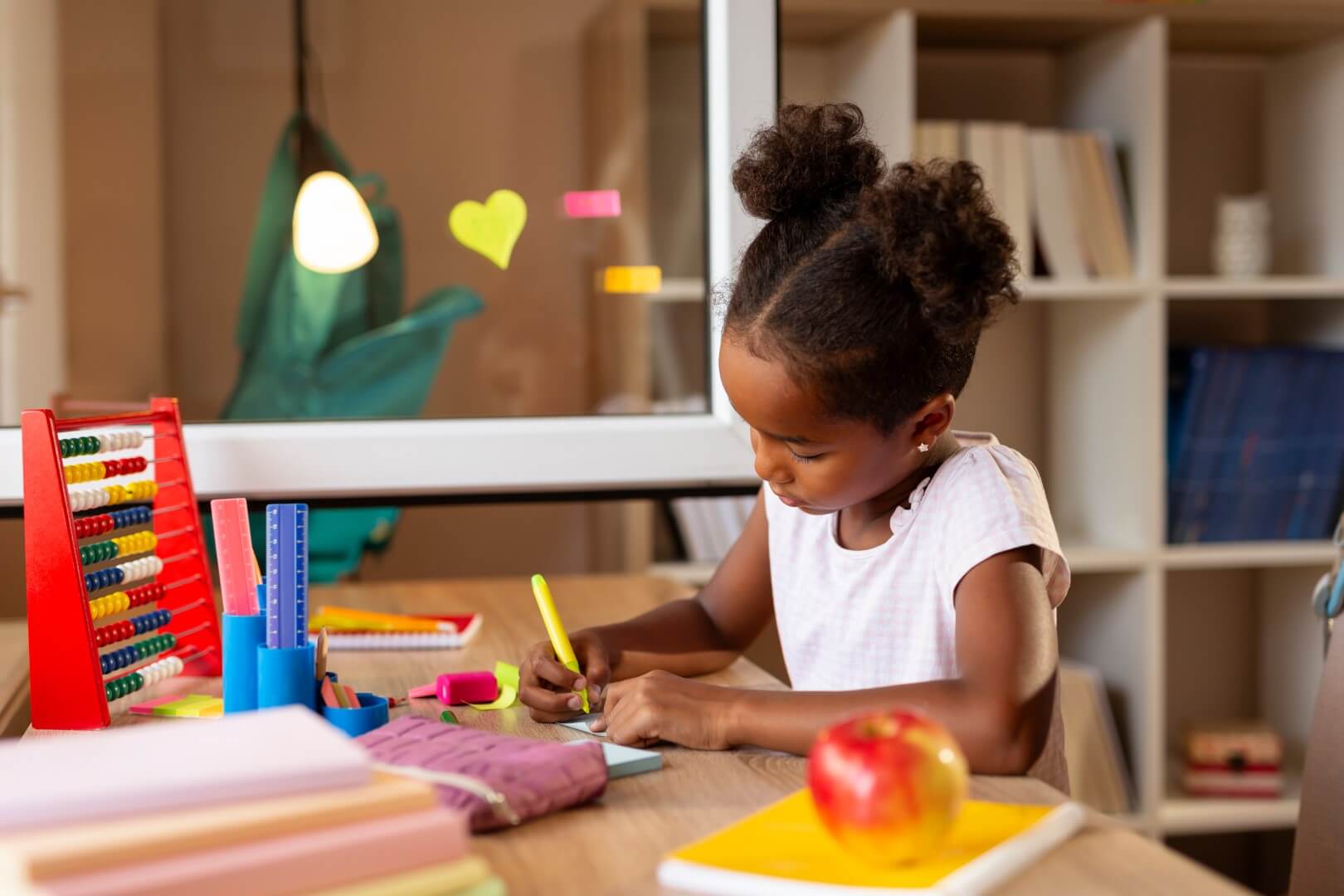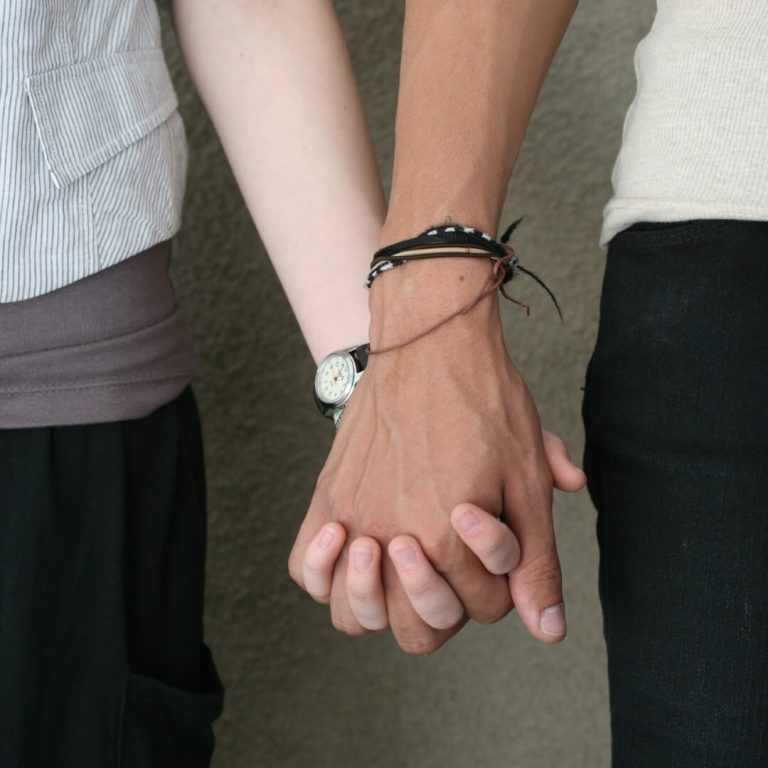African-Hungarian children in public education
In my study, I explore the situation of children from mixed African-Hungarian families in the light of public education. African-Hungarian people can be described as bicultural, because they are connected to two cultures due to their origin. Their paternal and maternal sides come from two countries far apart. In the case of African-Hungarian people, the difference between their parents manifests itself not only on a cultural level, but also in racial characteristics. Bicultural children may encounter different situations in the education system than their monocultural peers. The two main issues I focus on in my study are: the search for identity and the problems resulting from mockery and ostracism. Recognising and understanding the problems is an important step in finding solutions. After that, teachers, parents and children can work together to alleviate the difficulties. In addition to the problems, there are also positive aspects to be mentioned, including prominence and positive discrimination. This is as much a part of life for most African-Hungarian children as the negative events.
Komolafe Cinderella (2020) Félig afrikai, félig magyar gyermekek a közoktatásban. In: Endrődy Orsolya – Svraka Bernadett – F. Lassú Zsuzsa (szerk.): Sokszínű pedagógia. ELTE Eötvös Kiadó, Budapest. 181-190






